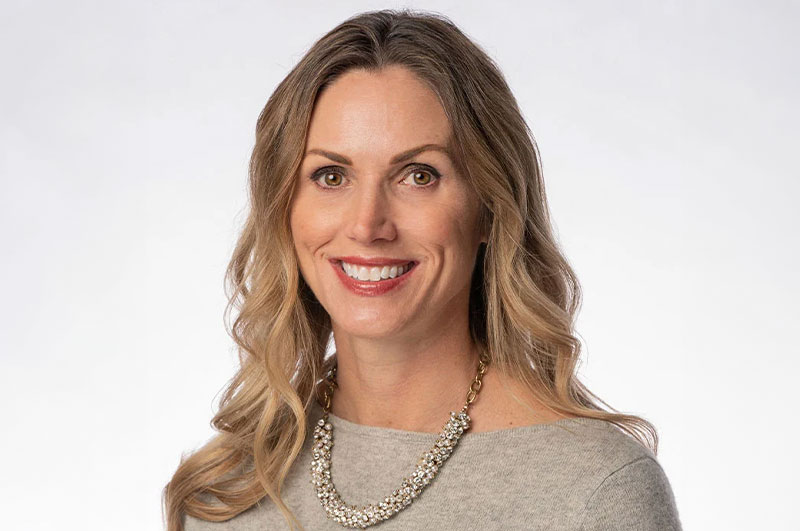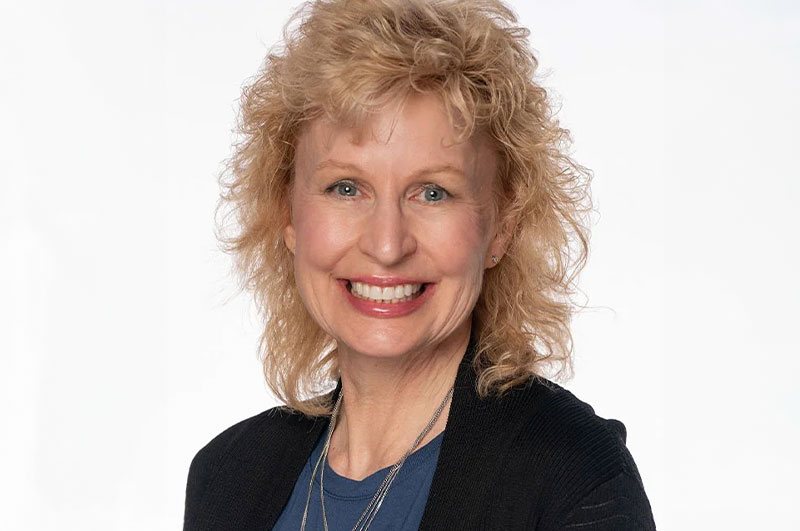How South Dayton Smiles Can Help Improve Your Quality of Life
Sleep apnea is a serious sleep disorder that affects millions of people worldwide. It is characterized by pauses in breathing or shallow breathing during sleep, leading to fragmented sleep and reduced oxygen levels. These interruptions can occur multiple times throughout the night, causing daytime sleepiness, fatigue, and other health problems.
Identifying the Signs of Sleep Apnea
Often goes undiagnosed, you experience loud snoring, excessive daytime sleepiness, trouble concentrating, or are an older adult, you may be at risk for sleep apnea. Additionally, if you frequently wake up gasping for air, have trouble falling asleep, or wake up with a choking sensation, it’s essential to consult your healthcare provider for further evaluation of a potential sleep problem, especially if you have a history of heavy use of alcohol or other depressants. Even if you have mild sleep apnea, it is important to seek treatment, especially if you have other health conditions or risk factors.
Common Symptoms
One of the most common symptoms is loud snoring. While snoring can be normal, sleep apnea-related snoring is louder, more disruptive, and accompanied by choking or snorting sounds. Excessive daytime sleepiness is another hallmark symptom, where individuals feel extremely tired, fatigued, and struggle to stay awake throughout the day. Sleep apnea significantly impacts your ability to concentrate, leading to trouble focusing on tasks, forgetfulness, and increased risk of accidents.
Other common symptoms of obstructive sleep apnea include observed episodes of stopped breathing, or breathing stops, waking during the night and gasping or choking, awakening in the morning with a dry mouth or sore throat, morning headaches, and other complications associated with this serious medical condition. Complications can also include the inability to achieve restorative sleep, leading to chronic fatigue and irritability.
Who does sleep apnea affect?
Obstructive sleep apnea is much more common in young people than in older adults. As we age, the muscles in the throat tend to relax, making it easier for the airway to become obstructed during sleep. Thus, people of all ages should be vigilant for symptoms and seek medical attention if they suspect a problem.
Certain medical conditions, such as obesity, congestive heart failure, type 2 diabetes, and high blood pressure, can increase the risk of sleep apnea. Other conditions that may increase the risk include polycystic ovary syndrome, hormonal disorders, prior stroke, and chronic lung diseases such as asthma and heart disease. If you have any of these conditions or a family history of sleep apnea, including family members with the condition, it’s important to discuss your concerns with a healthcare professional to evaluate your risk factors and recommend appropriate screening or diagnostic tests.
Different Types of Sleep Apnea
Sleep apnea is not a one-size-fits-all condition, and there are different types, each with its unique characteristics. The two main types are obstructive sleep apnea (OSA) and central sleep apnea (CSA).
Additionally, there is mixed sleep apnea, also known as complex sleep apnea, which combines features of both OSA and CSA. Understanding the different types is important for an accurate diagnosis and the development of an effective treatment plan.
Obstructive Sleep Apnea
Obstructive sleep apnea (OSA) is the most common type of sleep apnea, accounting for around 84% of all cases. It occurs when the throat muscles relax during sleep, causing the airway to narrow or close completely. This results in breathing interruptions or pauses, reducing oxygen levels in the blood and preventing the body from getting enough oxygen. Understanding the signs and symptoms of OSA, including when the airway narrows, is crucial for proper diagnosis and treatment, making it important to seek reliable health information from trusted sources like MedlinePlus.
– loud, chronic snoring
– gasping, choking, or snorting sounds as breathing resumes
– Interruptions in breathing can occur multiple times throughout the night
– Fragmented sleep can result from these interruptions
– Daytime fatigue
Central Sleep Apnea
Central sleep apnea (CSA) is less common than obstructive sleep apnea and involves a failure of the central nervous system to transmit the appropriate signals to the muscles responsible for breathing. Unlike obstructive sleep apnea, CSA is NOT typically associated with loud snoring.
– Periods of no breathing
– Noticeable pauses in breathing
– Shallow breathing
– Underlying medical conditions such as Heart failure, Stroke
– Certain medications.
In rare cases, a condition known as emergent central sleep apnea can occur, where individuals develop central sleep apnea after receiving treatment for obstructive sleep apnea. This condition requires specialized medical attention to manage effectively.
Mixed Sleep Apnea
Mixed sleep apnea, also referred to as complex sleep apnea, is a combination of obstructive sleep apnea and central sleep apnea. It occurs when someone initially has obstructive sleep apnea but later develops central sleep apnea symptoms, often as a result of continuous positive airway pressure (CPAP) therapy.
Mixed sleep apnea can present unique challenges in terms of diagnosis and treatment, as it requires a thorough assessment of both obstructive and central sleep apnea symptoms to provide appropriate care.
Treatment Options for Sleep Apnea
Thankfully, there are various treatment options available, ranging from lifestyle changes to medical interventions. Identifying the most appropriate treatment approach depends on the type and severity, as well as individual patient preferences and health conditions.
Lifestyle Changes
Lifestyle changes are essential for managing sleep apnea, especially for mild to moderate cases. Weight loss is particularly effective in improving symptoms, as excess weight can block the airways during sleep. A healthy diet, regular exercise, and stress reduction techniques promote better sleep quality and overall well-being. Avoiding alcohol, sedatives, and sleep-inducing medications can also help alleviate symptoms by preventing the relaxation of the throat muscles that may worsen airway obstructions during sleep.
Dental Devices
Dental devices, such as oral appliances, can be effective treatment options for mild to moderate cases. These devices are custom-made to fit the individual’s mouth and work by repositioning the jaw and tongue, helping to keep the upper airway open during sleep. By improving airflow, dental devices reduce breathing interruptions and snoring, improving sleep quality and oxygen levels.
How South Dayton Smiles Plays a Role
Our Expertise in Sleep Apnea Treatment
Our team has extensive experience in diagnosing and treating various types of sleep apnea, including obstructive sleep apnea, central sleep apnea, and mixed sleep apnea. We utilize the latest advancements in sleep medicine, including sleep studies, to accurately diagnose and develop individualized treatment plans.
Personalized Treatment Plans
We understand that each person’s journey is unique, and that’s why we prioritize personalized treatment plans. We take into account your specific symptoms, medical history, and lifestyle factors to develop a comprehensive approach that best suits your needs. By tailoring our treatment plans, we aim to optimize your sleep health and improve your overall well-being.
Our Commitment to Patient Health
At South Dayton Smiles, we are dedicated to treating and promoting your overall health and quality of life. Our commitment extends beyond the initial diagnosis and treatment, as we provide ongoing support and guidance for long-term sleep health. We specialize in the use of continuous positive airway pressure (CPAP) machines, which deliver air pressure to keep the airway open during sleep, improving breathing and oxygen levels.
Preventing Sleep Apnea Dangers
While sleep apnea can be effectively managed, preventing the condition altogether is always preferable. Proactive measures can significantly reduce the risk and its associated health problems.
Can Regular Dental Visits Help Prevent Sleep Apnea?
Regular dental visits are crucial for prevention. Our dental professionals can assess your mouth, throat, and airway during check-ups to identify potential risk factors or signs, including a physical exam. Early intervention and treatment can help minimize the risk of developing sleep apnea or detect it early. Good oral hygiene also reduces the risk of oral health issues that contribute to sleep apnea, such as throat inflammation or jaw problems.
This is a serious condition that can have detrimental effects on your health and quality of life. Identifying the signs and seeking professional help is crucial in managing this condition effectively. With various treatment options available, including lifestyle changes, dental devices, and surgical interventions, there is hope for improvement. At South Dayton Smiles, we specialize in treatment and offer personalized treatment plans to meet your unique needs. Our commitment to patient health and well-being drives us to provide the highest level of care. Don’t let sleep apnea go unmanaged – take control of your health and improve your quality of life today.

 Meet Dr. Botti
Meet Dr. Botti
 Meet Dr. Scranton
Meet Dr. Scranton
 Our Team
Our Team
 Patient Forms
Patient Forms Online Bill Pay
Online Bill Pay Benefit Program
Benefit Program Your First Visit
Your First Visit